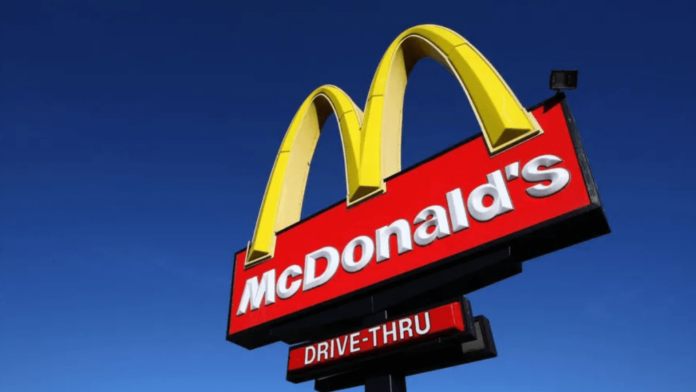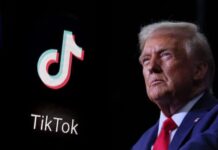McDonald’s, the world’s most recognizable fast-food brand, is in the firing line in America. Americans are boycotting it between June 24 and June 30 as part of a new wave of consumer boycotts. The boycott is being organized by The People’s Union USA, an organization that specializes in creating “economic blackouts” against top companies like Amazon, Walmart, and Target.
This time, it’s aimed at the Golden Arches.
What Triggered the Boycott?
The boycott is based on several complaints. They are McDonald’s reduction of its Diversity, Equity, and Inclusion (DEI) initiatives, increasing menu prices, suspect tax loopholes, and allegations over how workers are treated. The founder of the group, John Schwarz, charges that the corporation is being corporate hypocrites and profit-first.
In a recent statement, Schwarz said, “We’re boycotting McDonald’s because they’ve shown time and time again that profit matters more than people. From price gouging to tax evasion, from inequality in pay to exploitation in advertising, their DEI efforts feel more like promotional stunts than real systemic change.”
DEI Backlash and Policy Reversal
McDonald’s has faced backlash for reneging on its DEI promises. The firm had halted making measurable objectives to advance diversity within leadership roles earlier this year. It had also discontinued its supplier diversity initiative. While company leaders insist that the “programming hasn’t changed,” activists note that actions speak louder than words.
This backtracking occurs at a time when many U.S. companies are under pressure from politics and society to scrap or trim DEI initiatives, particularly in the wake of President Donald Trump’s re-inauguration in January 2025. Trump has signed executive orders that seek to eradicate “illegal DEI” in government agencies and has driven similar movements in the private sector.
Allegations of Tax Avoidance and Price Increases
The People’s Union USA also charges that McDonald’s utilizes offshore tax havens to reduce its own tax load. Schwarz says the chain pays less in taxes than many of its employees take home hourly.
Fueling public anger, McDonald’s has raised its menu prices even as it has reported record profits. Critics claim the company has placed the cost burden on average consumers, even as they become more expensive with inflation pressures.
Labor Practices Under Scrutiny
The boycott organizers also decry McDonald’s business model, under which they say the company can avoid direct blame for working conditions. McDonald’s, the group says, has lobbied aggressively against minimum wage hikes and union protections.
Such worker concerns have been a point of contention in the fast-food industry for a long time, but consumer pressure and outrage seem to be heightening.
A Divided Response to DEI
As some conservative activists have condemned companies for their DEI pledges, progressive and civil rights organizations are fighting back with boycotts. The McDonald’s boycott currently underway is part of this counter-movement to hold corporations to account for backing away from diversity commitments.
Black churches, civil rights groups, and DEI allies have supported the week-long boycott. They contend that symbolic gestures of diversity without structural commitment are insufficient.
Will the Boycott Have an Impact?
It is uncertain what long-term effect the boycott will have. But other big retailers have been impacted by similar protests. Target, for example, acknowledged that anti-DEI pushback led to decreased consumer spending in the first quarter of 2025.
McDonald’s is already under financial pressure. The company has experienced a steep decline in foot traffic and sales since the COVID-19 pandemic began. CEO Chris Kempczinski said in April that customers are “struggling with uncertainty” and value-based offers are needed to get them back.
The timing of the boycott puts further pressure on a company that’s already trying to navigate an intricate economic and political environment.
Final Thoughts
McDonald’s boycott is just the latest manifestation of underlying tensions in American society. This shows tensions between corporate greed and social conscience, between affordability and morality, between symbolic gestures and actual change. Whether the protest leads to a change in corporate behavior or dissipates as a one-week protest movement is yet to be seen. But this much is sure: U.S. consumers are growing louder, more organized, and more willing to hold even the largest brands accountable.








